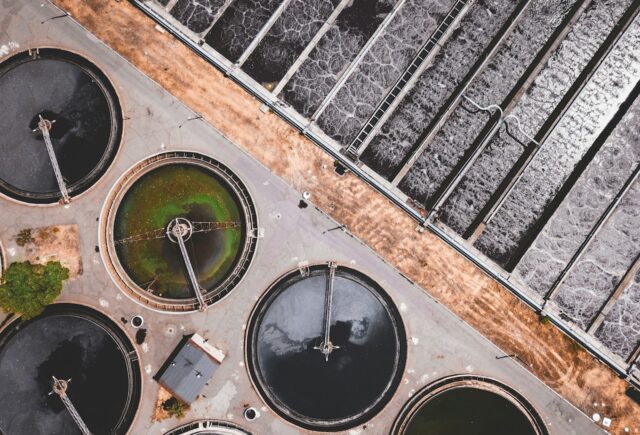Public equity funds now make up almost 10% of Phenix Capital Group’s impact database, with the vast majority of them investing globally. Half of the funds opted for SDG7: Affordable and Clean Energy as their core investment theme in 2024.

The total number of listed equity impact funds has jumped almost 154% since 2017, according to the latest report by Phenix Capital Group, the Amsterdam-based investment consultancy. Measured over the past five years, the proportion of public equity impact funds compared to other impact asset classes averaged 9.8%.
The 274 public equity impact funds listed in the Phenix database raised €170bn in assets under management, across five main themes. The vast majority of the listed equity funds (175) invest with a global focus.
In line with the previous year’s figures, the report revealed that close to half of the public equity funds opted for UN SDG7: Affordable and Clean Energy as their core investment theme in 2024. SDG 3: Good Health and Wellbeing and SDG9: Industry, Innovation and Infrastructure, were tied for second place, with 118 funds each picking these themes.
Foundations are the biggest investors in public equity impact funds with a share of 34%, followed by funds of funds (17%), and pension funds and family offices/ high-net-worth individuals with 8% each.
Engagement
The report also highlights some of the challenges to impacting investing in public equities, including the ability to attribute impact additionality specifically to an investor, and keep track of their contribution, given the high numbers of shareholders. Also, the ability to ensure impact continues post-exit remains a concern. According to Phenix Capital, “this is where having an actively engaged and value-aligned board is key”.
On the subject of shareholder engagement, the report features an interview with Andrew Behar, CEO of As You Sow, a US-based non-profit practitioner of shareholder advocacy and engagement. Behar explained how shareholder power can be harnessed to bring about lasting social and environmental change.
“Our job at As You Sow is to raise the issues,” Behar said. “Essentially, we are about ideas and presenting the research behind the ideas. By this I mean that we will look at a topic. It could be pesticides and toxins in the food system. It could be recycling plastics; or it could be racial justice.”
As You Sow publishes six to 10 score cards every year. “Every quarter we update the Racial Justice Scorecard and the Workplace Equity Scorecard, and in June the 2024 Plastic Promises Scorecard came out,” Behar said.
“Once the scorecard has been published, we sit down with the companies that are laggards and show them that their competitors are outperforming financially because they are addressing these issues.”






